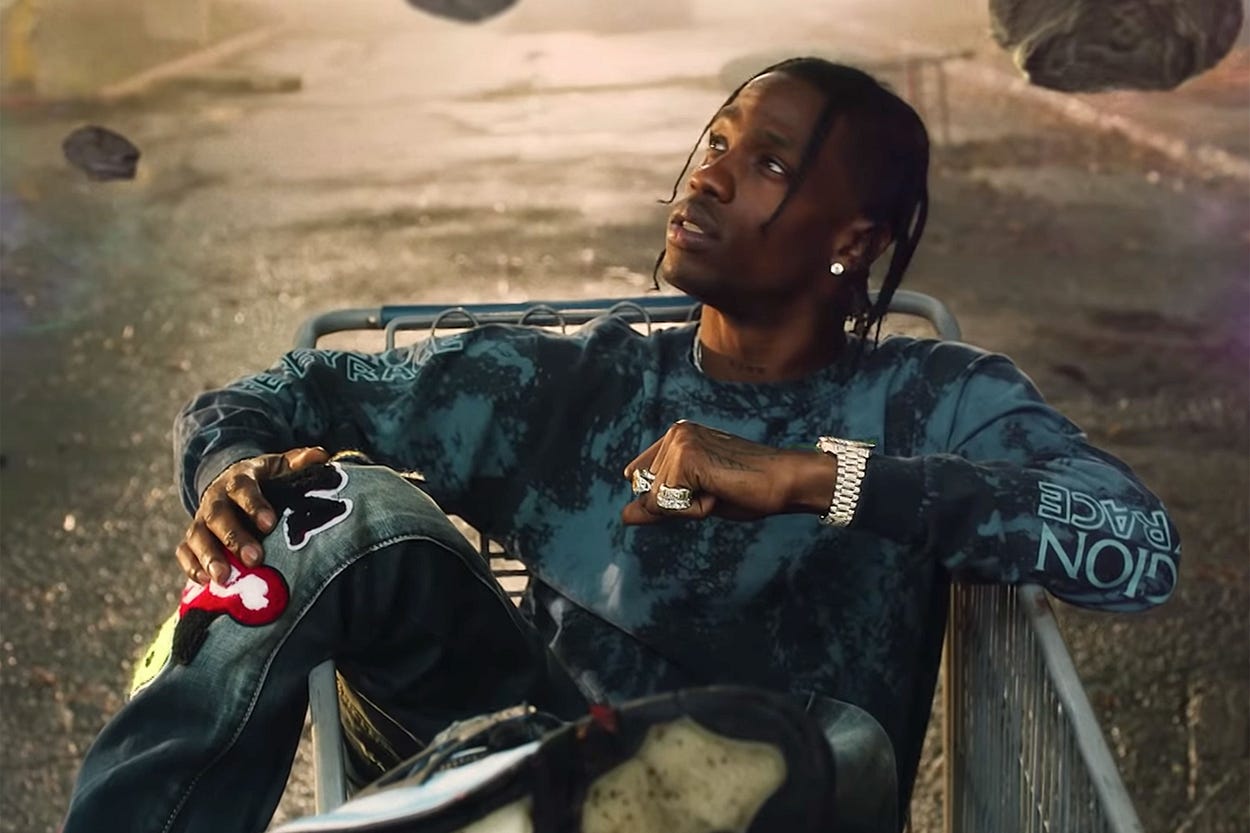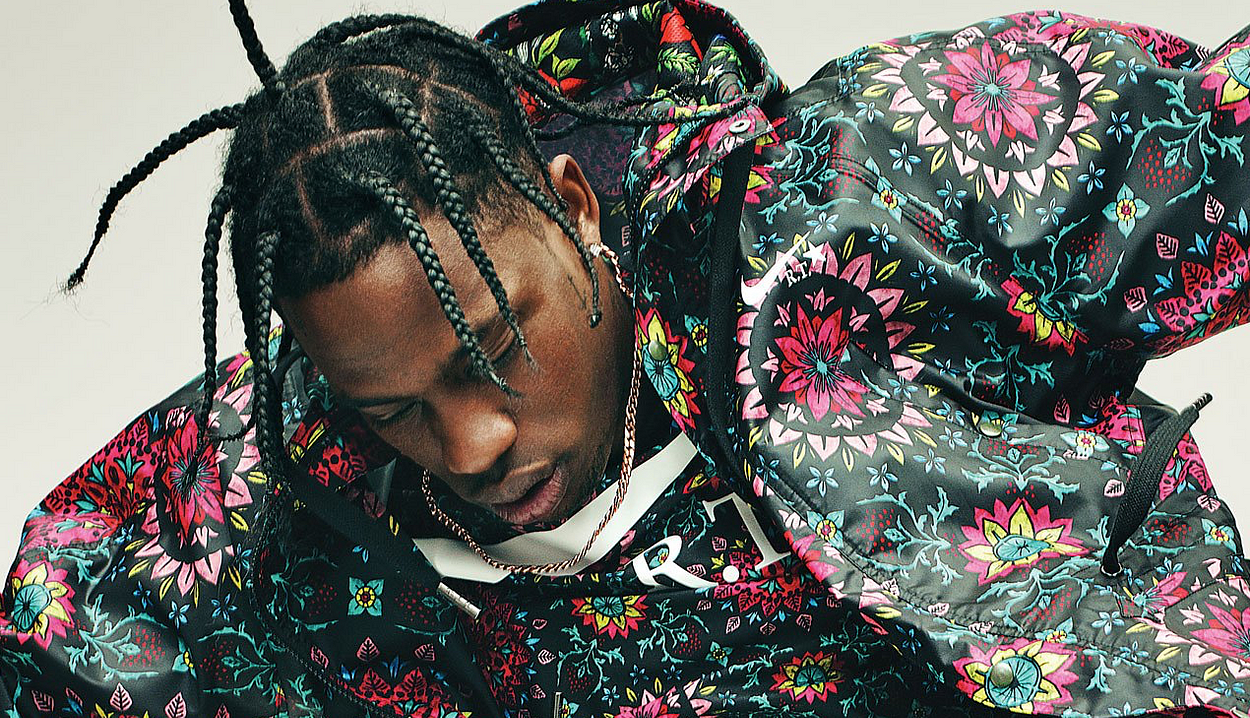The Houston Hip-Hop producer has ascended to auteur and cultivated the sound of a generation.
Article by Zach Quiñones
When Dr. Dre dropped The Chronic in 1992, it hit the music landscape like a comet. It was regarded as innovative and ground-breaking with its distinct and masterful production that birthed the G-Funk sound. Unlike his previous work with N.W.A. and the general established sound in Hip-Hop at the time, Dr. Dre’s aesthetic on The Chronic was an aggressive left turn within the genre.
It wouldn’t be until 7-years later that Dre would release 2001, the follow-up to his 1992 classic. This project would garner critical praise close to The Chronicand continued to emphasize Dre’s ability to redefine sound and formula. Between these solo efforts, Dr. Dre was also the driving force behind two other wildly successful and culture defining albums — Doggystyle by Snoop Doggy Dogg and Eminem’s The Slim Shady LP.
Dr. Dre was the architect of sound for an entire generation. Where as Puff Daddy broadened Hip-Hop’s appeal into wider mainstream arenas, Dr. Dre used that platform to help raise the technical standards for the genre. Prior to Dre, Hip-Hop’s lack of technical mastery was one of its major shortcomings. Despite the overall quality material released in the 90’s, these bodies of work weren’t on par with the engineering prowess more present from other genres such as rock, jazz, R&B, and pop.
Since then, Hip-Hop has made strides in technical quality as more producers took the mixing and mastering process more seriously. Kanye West is the immediate artist to reference post-Dre era as someone who carried the torch through the 2000’s along with the likes of The Neptunes, Timbaland, and Missy Elliot. Each of these producers can be credited to dramatically diversifying rap’s sonic capabilities while also achieving top-tier quality in engineering.
Out of the batch, Kanye is without a doubt the most influential but his influence derives mostly from an experimental standpoint. This is why his polarizing 808s & Heartbreak has had a bigger impact on the culture than his universally acclaimed My Beautiful Dark Twisted Fantasy despite the latter’s production being undeniably superior.
Timing is everything. Despite the list of prominent producers of the 2000’s, their presence and peak occurred during a transition period between generations. This split ultimately dilutes their influence into microcosmic impacts and why it’s difficult to define sonic landscape of the 2000’s.
In comes Travis Scott in 2012 at the fresh age of twenty. He released his first full-length mixtape titled Owl Pharaoh that was endorsed by Kanye West and the legendary Mike Dean. The project was well received and Scott was credited for his experimentation, a residual effect being that some critics were unsure of how to categorize his style. Songs such as “Meadow Creek”, “Hell of a Night”, and “Naked” had song structures and sound designs that were dramatically antithetic to the rap criterion that was leading into the 2010’s.
While it bared many southern rap qualities, Scott’s creative direction moved into more obscure destinations that hadn’t been taken advantage of in rap. His staple was combining instrumentation that wasn’t considered compatible and song formats that contained sudden, unpredictable beat switches. In hindsight the parallels between Dre and Travis are more apparent, as both were conducting fearless and brash experiments with their production to lay the groundwork for the next iconic sound in Hip-Hop — restructuring the DNA.
When Scott released his debut studio album Rodeo in 2015, it was a grandiose project with an ensemble of features. While many releases at the time were packaged in a similar fashion, what placed Rodeo in a different space was Scott’s ability to incorporate each feature in a delicate fashion. Guest artists were interwoven into the project’s wiring, acting as electrical pulses powering the machine as a whole. Inclusively, Scott was leading the way for Millennial producers who placed a heavy emphasis on quality engineering.
Though Rodeo had its flaws and Travis was still figuring out his footing as a solo artist, the project was a clear indicator of Scott patenting his own sound in Hip-Hop. An infusion of lo-fi and traditional trap, Travis’ style utilized synths, sharp drums, and spacey atmospheres to create an experience that felt trance like but focused.
Less than year after Rodeo, Travis announced ASTROWORLD and slated it for a 2017 release. Scott labeled the project as a continuation of Rodeo and it would be the true follow-up to his debut. Unfortunately the project would get continuously pushed back which frustrated many eager fans. During the wait period Travis released his second album, Birds In The Trap Sing McKnight, which received mixed reactions. The move put Travis on shaky grounds as many began to question whether Rodeo was a fluke, if ASTROWORLD was the next Detox, and if his potential as a producer was overstated. It also didn’t help that his collaborative effort with Quavo Huncho Jack, Jack Huncho garnered underwhelming reviews.
But all uncertainty was put aside when ASTROWORLD finally hit streaming platforms on August 3rd, 2018. It obtained universal acclaim for its innovation in current rap trends in production. As Dr. Dre did in the 90’s, Travis successfully created a signature sound for himself and one that encapsulates the energy of a generation. Travis took the framework of southern trap and synthesized it with the conceptual aesthetics of 808s & Heartbreak.
Along with the unique sonic palette Travis curated, he enlisted all of his contemporaries to play a role in further developing his ground-breaking sound. ASTROWORLD is a celebration of innovation that Millennials have contributed to Hip-Hop through the 2010’s with each featured artist contributing their best qualities as an artist to enhance the experience. Despite the extended list of contributors, Scott elevated himself to that of a composer leading an orchestra of talent. Travis wasn’t just a guy creating beats, he was an artist with a vision.
Even with all of these high points going for ASTROWORLD, what solidifies its significance is its engineering quality. This component is what established Dr. Dre as one of the most respected auteurs across all genres of music. His projects were incredibly crisp and clean, and the sound quality remarkable on virtually any speaker output. With ASTROWORLD, Travis delivers a project that prides itself in the premiere quality of its technical features. Something that the Millennial generation of Hip-Hop has been lacking in its catalog.

The impact of Travis Scott within the genre is undeniable and it has solidified him as a significant musical figure in a decade of abrupt cultural shifts juxtaposed against overwhelming cynicism. Whereas The Chronic spoke for Gen-X’ers dealing with residual effects of the crack epidemic and an intense spike in gang violence, ASTROWORLD personifies the apathy and urgency of Millennials feeling trapped in a world they so desperately want to get away from. Whatever Travis Scott’s sound may ultimately be defined as in years to come— psychedelic trap or Hip-Hop futurism — it will be regarded as pivotal moment in Hip-Hop’s continued evolution.
// Liner Notes:
- Missy Elliot is a criminally overlooked producer.
- The 2000’s had such a variety of sounds that it is extremely difficult to give it an identity. It could be the soul-sample era due to Kanye or the funk-hop era as a result of The Neptunes or whatever you might define Missy and Timbaland’s styles. This was also an era where Hip-Hop embraced more pop-glossy production as it was gradually becoming more dominate on radio airwaves.
- Dr. Dre truly did raise the standards of production. After The Chronic, artists took engineering more seriously.
- Top-tier engineering has been greatly lacking in the 2010’s. Even Kanye, whose albums in the 2000’s were iconic for their exceptional production, started to drop in quality.
- Yes, there are Millennial artists in Hip-Hop who have flawless production — Kendrick Lamar is the one who always comes to mind. The difference is that Kendrick is 90% an MC with moderate involvement as a producer. Sounwave and Ali of TDE are the real geniuses behind his sound. But again, all of these guys are essentially operating in one lane as opposed to someone like a Dre, Kanye, or Missy who are hands on from top to bottom.
- J. Cole’s not innovative or really trying to capture a generational sound with his production. He’s a pretty straightforward type producer.
Featured image by Ahmed Klink/© Sunday Afternoon









